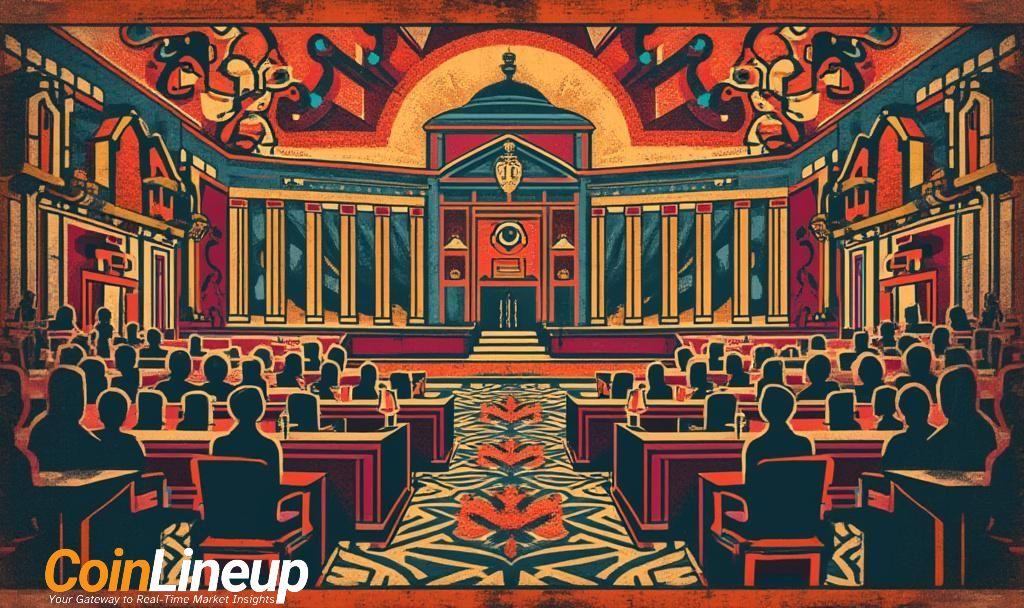
- Main event, leadership changes, market impact, financial shifts, or expert insights.
- Vote failure causes market uncertainty.
- Crypto prices volatile post-vote.

The U.S. House of Representatives failed to pass a procedural vote on an encryption bill Monday, potentially holding a second vote on Wednesday.
Impact of the Failed Vote
The failed vote matters as it highlights intra-party disagreements and creates uncertainty in crypto legislation, impacting market stability and investor confidence.
Political Dynamics
Speaker Mike Johnson led the Republican push for the crypto bills, seeking to combine CLARITY, GENIUS, and Anti CBDC Surveillance Act. The legislative setback was expected as Johnson noted efforts to reconcile intra-party disputes.
Involved officials include Speaker Johnson, President Donald Trump, and members of the House Freedom Caucus. Trump aims to sign the GENIUS bill before August, while key dissenters seek stronger opposition to central bank digital currencies.
“We have some members who really, really want to emphasize the House’s product… We’re trying to work with the White House and with our Senate partners on this.” — Speaker Mike Johnson
Market Effects and Investor Sentiment
Immediate effects included market dislocation and increased volatility in BTC and ETH pricing following the failed vote. Congress’s stalemate historically leads to stalled asset growth until legislative clarity emerges, affecting market sentiment.
Financially, the failed vote heightened market uncertainty. Politically, it signaled disagreement among Republicans. Socially, it prompted increased public discourse on digital currency regulation.
If the second vote fails, crypto market volatility may continue, or new proposals might emerge. Historically, similar stalemates led to temporary DeFi growth stalls, affecting token prices like BTC, ETH, and stablecoins.










